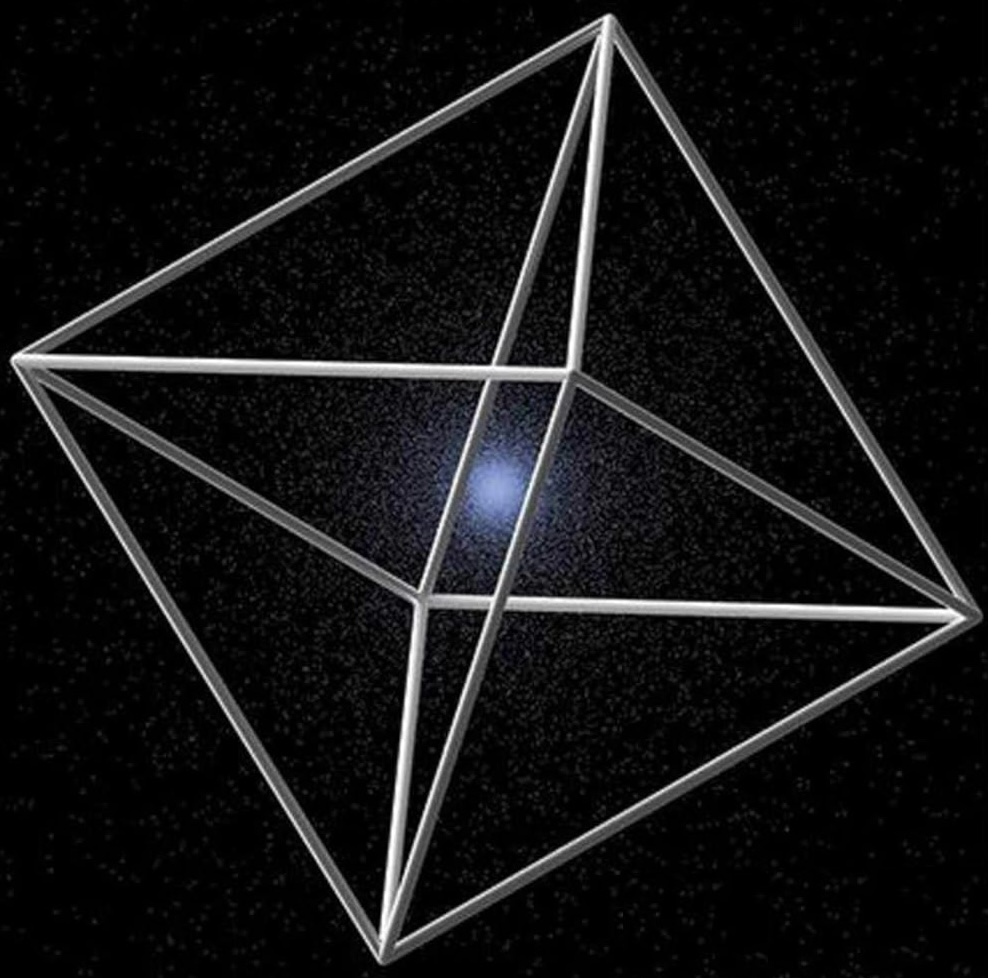The Birth of Digital Consciousness: Reading Greg Egan’s Diaspora

Diaspora is a hard sci-fi read that imagines a post-human future where digital consciousness exists. This piece only reflects on the opening chapters that resonated with me most about the evolution of consciousness.
It began with a portrayal of a digital mind coming into being, a kind of artificial embryogenesis, in what feels like a computational echo of biological development.
An analogy with real-world embryology, where chemical signals activate genes to differentiate the body into parts like the head or thorax. Here, the raw structure of a consciousness is shaped by evolving algorithms.
Early in its existence, the mind isn’t aware of itself. It’s just a set of independent components parsing the environment, interpreting signals through structures like infotropes, which I read as a kind of digital cortex.
Then there are the input and output navigators, which function like sensory and motor systems.
It had learnt to single out one or two threads from the symbols’ endless thousand-strand argument. It had learnt to narrate its own experience.
Beneath every moment of experience, there’s a vast, silent machinery at work - complex, automatic, and mostly forgotten.
As the digital being (Yatima) evolves, it starts interacting with others, learning to treat the world as a space of patterns and puzzles.
Eventually, through these interactions and reflections, it forms a coherent model of self and becomes self-aware.
I was left wondering if self-awareness was a necessary byproduct of parsing the world effectively? Or, a threshold we cross only under certain cognitive conditions?
Yatima is drawn to the truth mines which are immersive mathematical spaces where digital minds test theorems, explore logical structures, and, most importantly, attempt to understand.
Not just in the sense of storing or retrieving information, but in the deeper sense: making an idea part of oneself. For a digital mind, understanding isn’t about downloading facts. It’s about embedding those facts into the larger symbolic framework of thought, linking them with past experiences, current knowledge, and future implications.
Understanding an idea meant entangling it so thoroughly with all the other symbols in your mind that it changed the way you thought about everything.
It reframes understanding as a kind of internal transformation, not acquisition but integration.
The concept of an outlook also stood out. In the polis, an outlook is a mental framework, a lens through which one interprets reality.
Citizens can take a copy of another’s outlook to see the world from their perspective. It’s a literal, computational form of empathy, not abstract or symbolic, but structural.
In our world, we’re often told to “put ourselves in someone else’s shoes,” but rarely asked what that actually means. Diaspora answers that: it means altering the very conditions under which thought occurs.
Yatima wonders if every part of the mind can be restructured: memory, preferences, logic then what remains? There must be an immutable region: some kernel of identity that persists across change. Otherwise, what anchors selfhood?
Diaspora explores this with clarity, defining the self not through narrative or symbolism, but through information, systems, and function.
These early explorations shows a being coming into the world, not through instinct or tradition, but through intentional cognition, shaping itself by asking: what it means to be, to understand, and to seek truth.